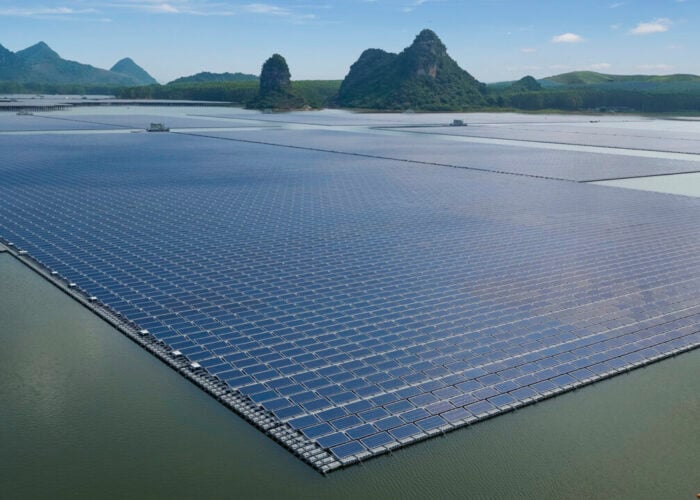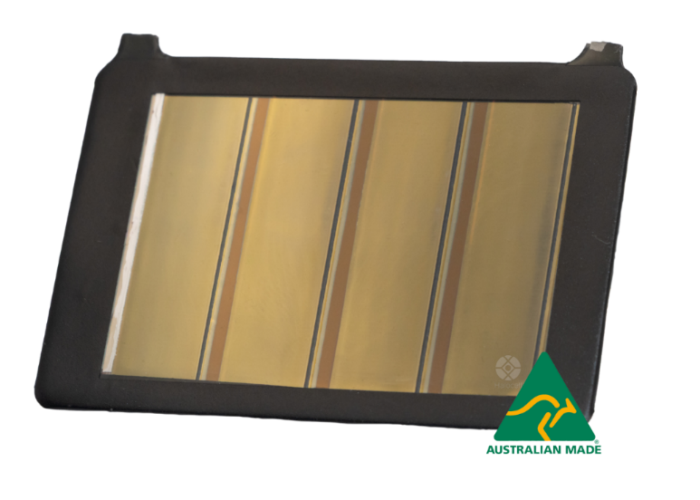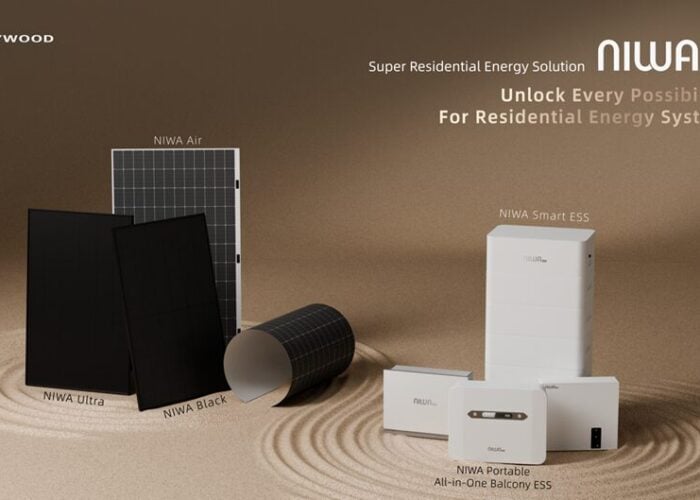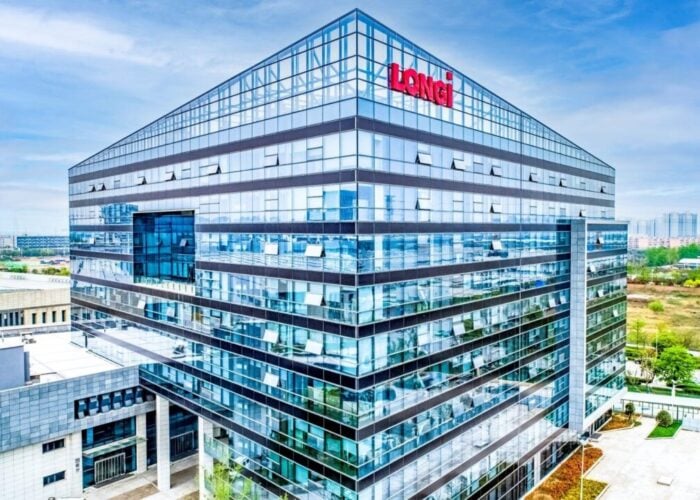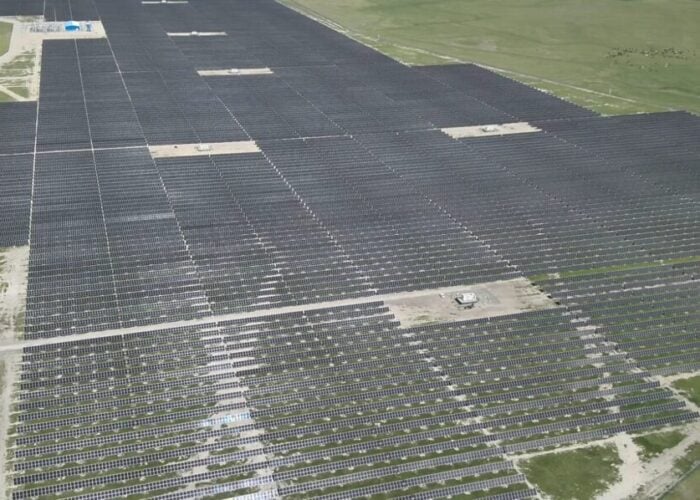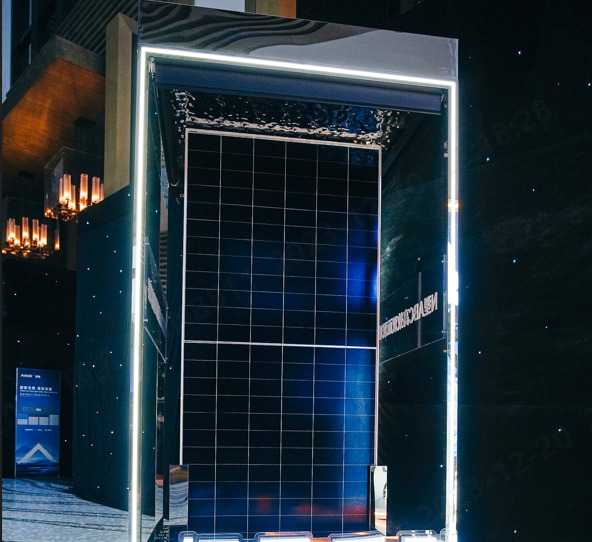
Chinese cell and module manufacturer Aiko Solar has launched a new series of n-type all back contact (ABC) modules, aimed at use in utility-scale operations.
The company launched the Stellar series at an event in Beijing yesterday, which consists of two products, the Polaris module and the Sirius module. The modules have a conversion efficiency ranging from 23-23.7% and a range of power ratings from 620-640W. They are also bifacial modules, boasting a bifaciality rating of 70%, and have a degradation rate of less than 1% in the first year of operation and less than 0.35% per year in the following 29 years.
Unlock unlimited access for 12 whole months of distinctive global analysis
Photovoltaics International is now included.
- Regular insight and analysis of the industry’s biggest developments
- In-depth interviews with the industry’s leading figures
- Unlimited digital access to the PV Tech Power journal catalogue
- Unlimited digital access to the Photovoltaics International journal catalogue
- Access to more than 1,000 technical papers
- Discounts on Solar Media’s portfolio of events, in-person and virtual
Aiko also noted that all of these metrics have been confirmed by testing completed by TÜV SÜD.
“The launch of our new bifacial module represents the latest milestone in our ABC innovation journey and our commitment to offer differentiated products for our customers,” said Aiko chairman Chen Gang. “We know that by driving breakthroughs and unlocking customer value, we will help society get ever closer to a zero carbon future.”
By placing all passivated contacts on the rear side of the panel, ABC modules can have lower parasitic absorption losses than other cells, and can appear visually sleeker and cleaner. In July, Solarlab Aiko Europe chief scientist told PV Tech that Aiko had considered a number of alternative module types, including tunnel oxide passivated contact (TOPCon) and heterojunction (HJT), but ultimately found ABC cells to be “the perfect product for the residential use case”.
Of course, the latest generation of ABC modules is not only bifacial, which will put stress on the passivated rear side of the cell to generate electricity efficiently, but also designed for use in larger-scale operations, raising questions as to whether this type of module can be effectively deployed at larger facilities.
For instance, this year, Risen Energy’s HJT modules achieved a power conversion efficiency of 23.89%, marginally higher than those of the new Aiko modules, and comparisons between the various solar module types will continue as developers invest in each of them. Aiko’s Stellar range, however, does boast only a temperature coefficient of 0.26% per degree Celsius, and the company is optimistic about the future of the modules.
Aiko noted that the modules would be available for order in Europe from 2024 onwards, and will be the latest series of modules produced in China to be sold to the European solar market.


